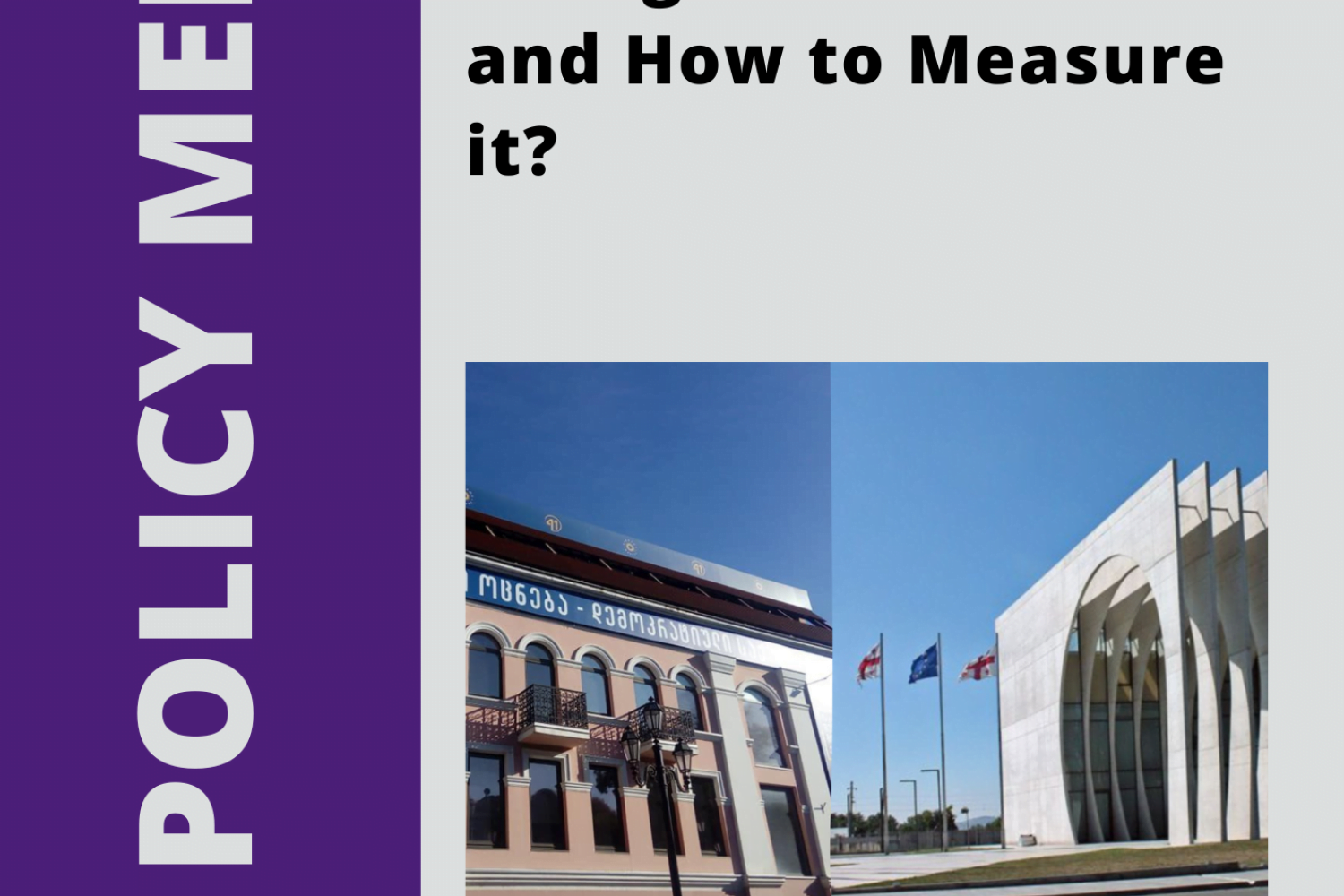2022-10-13 08:37:22
Political polarization in Georgia is viewed as one of the obvious shortcomings of the political process. As the Chair of the European Parliament Foreign Affairs Committee, David McAllister, said during his visit to Tbilisi, “unfortunately, when we speak about Georgia, one word always seems to be present, and that is polarization” (McAllister 2022). This phenomenon goes beyond the limits of ideological confrontation and takes on a destructive character which becomes a major impediment to democratization and Europeanization. Therefore, it is not surprising that depolarization is one of conditions precedent for granting the status of candidate among the12 recommendations that the European Commission has set Georgia (European Commission 2022).
Although a hot discussion about the harmful consequences and necessity of depolarization has been underway for quite a long time now, the nature, actors and characteristics of the polarization that exist in Georgia still remain ambiguous. This ambiguity makes de-polarization difficult and unrealistic in the foreseeable future; hence, it is important to hold a broad discussion on this phenomenon. Toward this end, the political memorandum presented here provides an analysis of a one-year period spanning from the most recent election conducted in Georgia to the present day – that is between October 2021 and October 2022. This paper is an attempt to answer the questions as to what polarization looks like in Georgia today and what criteria may be applied to evaluate it.




